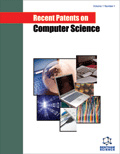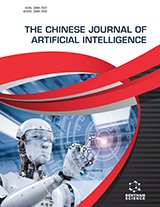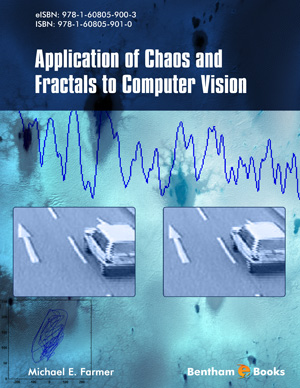Abstract
Objectives: The accuracy and early diagnosis of abnormalities in fetus Ultra
Sound pictures will be improved with the use of a novel automatic segmentation
technique. An essential area of study for medical AI is the real-time monitoring of
prenatal spine disorders. The Internet of Things and medical AI are directly intertwined
(IoT). The objective digital biomarker obtained by IoT devices could represent realtime data. IoT and digital biomarkers can be helpful in the spine based on the attributes.
Methods: To increase the accuracy of anomaly detection using the K-means
segmentation algorithm, the Curvelet-based Seed Point Selection (S-CSPS)
methodology was created. Through seed point evaluation, which lessens the speckle
and consequently improves the ability to detect abnormality, it is possible to accurately
identify regions for each pixel in US images that belong to the objects. Findings: The
ultrasound images of the fetal spine abnormalities dataset are used to build the
suggested S-CSPS in the MATLAB environment. As part of the performance analysis,
various fetus picture numbers are taken into consideration, along with noise levels,
segmentation accuracy, anomaly detection rate, and segmentation time. Improvement:
The findings of the simulation analysis demonstrate that, when compared to state-ofthe-art techniques, the S-CSPS method performs better with an increase in
segmentation accuracy and an increase in the rate of abnormality detection utilising
digital biomarkers.






















